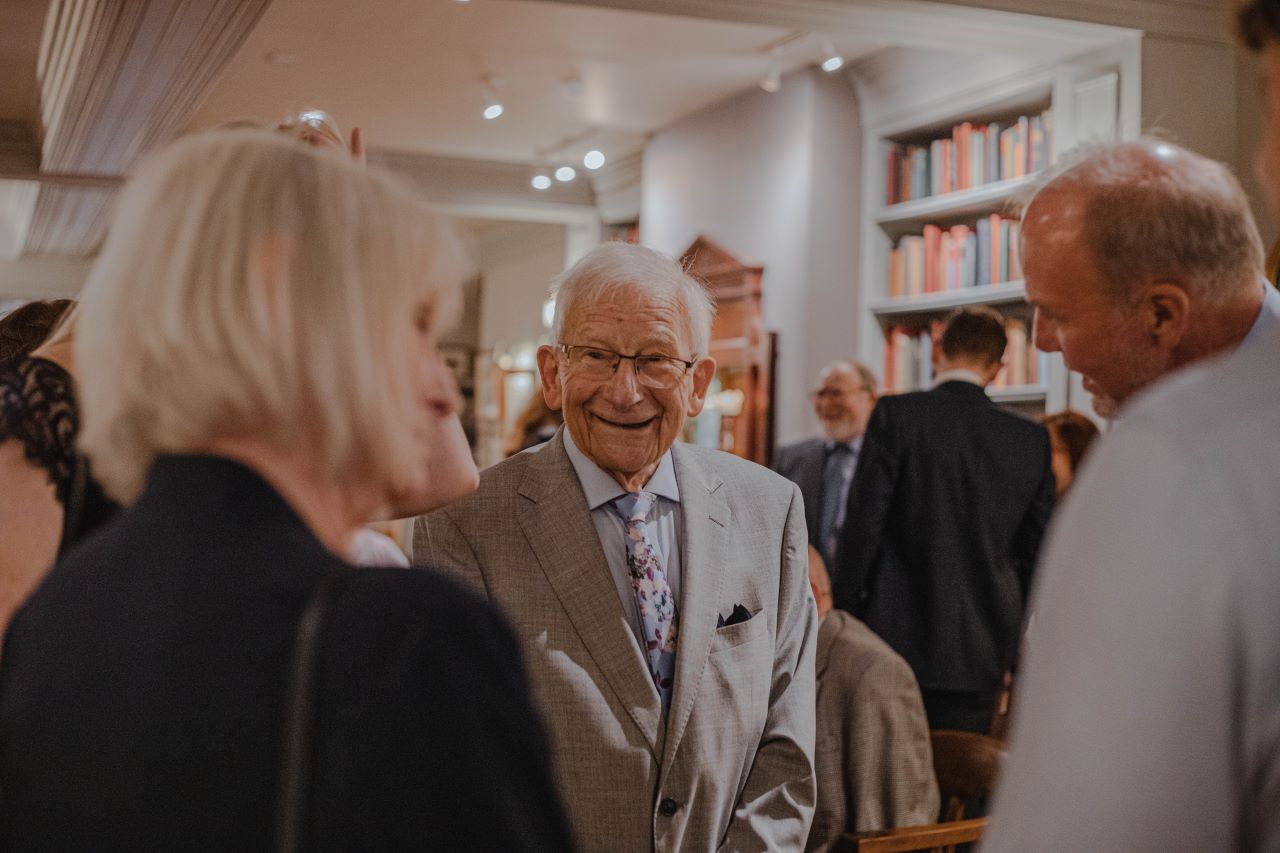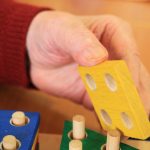
Caregiver Training Benefits All Parties
We know it’s true because we just wrapped up another Intensive Training Session on the Montessori Method Adapted for the Cognitively Impaired and the trainees told us that our brand of caregiver training would benefit all parties. There was so much energy and excitement in the group, we’ve just got to tell you about it.
When this group of professionals and caregivers first got together everyone shared stories about their own experiences about people living in the memory care residence they work in.
The number of common threads was unbelievable, and the camaraderie was obvious right from the start.
Whether at home or in the workplace, they were in a different world than many of their friends and relatives.
Still a wonderful world, of course…but different and not without serious challenges.
Being 2021, the first thing that came up was the topic of isolation.
Everyone acknowledged that the pandemic exaggerated all of their feelings of isolation and frustration.
Not only were these professionals and caregivers encountering the usual challenges and difficulties but, during the worst of it, even family members couldn’t be involved due to visit restrictions at residences and people caring for the afflicted person at home didn’t have help from associations or other family members.
Settled routines were disrupted, to put it mildly.
The cognitively impaired didn’t have the benefit of the usual support systems and many of them who realized it, couldn’t understand why.
Even worse, most of our group participants reported seeing evidence of greater cognitive loss in the people they were caring for during that time.
It was a difficult time to be sure, and everyone is relieved that things are starting to get back to normal.
Members of the group – professionals in memory care settings and other caregivers – expressed regret that they hadn’t known about this method prior to Covid.
But they all left very excited and hopeful about the future.
And for good reason.
During the sessions, everyone learned that they were probably doing too much, assuming too much and not really taking stock of the new reality – the afflicted person’s reality.
Some participants realized they’d been oblivious to the potential of afflicted persons and now they’re not.
They weren’t giving the afflicted person the space to be the person they are now, and they weren’t really seeing the person behind the impairment.
The lightbulb came on and now they know why it’s incredibly important and helpful to offer choices and possibilities and to encourage afflicted persons to do much more for themselves.
Once the method is learned, professionals and caregivers can react differently and appropriately because now they know what to do. They learned how to react.
Their takeaways included a set of tools to help them cross the bridge and get into the afflicted person’s reality.
They are now so much better equipped to be responsive in a way that works.
This caregiver training benefits all parties.
Professionals in memory care embraced the principles and advantages of the approach. They fully realized the positive impact the results will have on their own professional lives, working with the cognitively impaired.
They were eager to take what they learned back to the workplace and start using the new tools.
At the Montessori Alzheimer Center, we’ve built a community. We work to strengthen it every day.
Our participants are not just in and out and forgotten when the next group starts.
We offer follow up Support Workshops at no charge, to everyone who attends the Intensive Training.
Our intention is to provide an opportunity for them to improve their quality of life and strengthen their ties with the Montessori community.
About six weeks following this Intensive Training session, the participants will get together online, for the complimentary Support Workshop where we reinforce principles and encourage them to ask questions, share successes and challenges, and generally discuss their progress.
We look forward to seeing them all again.
This is how we make a difference.




